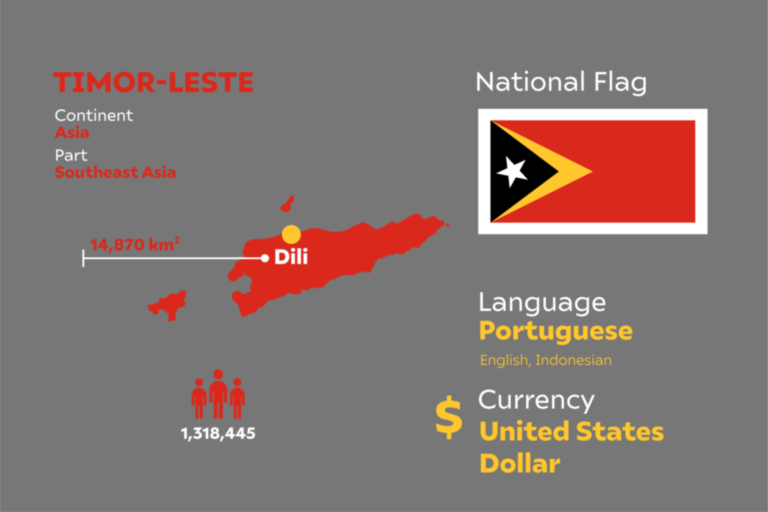Pope's Visit to East Timor (Dili) from September 9 to 11

John Paul II was the first pope to visit this former Portuguese colony in October 1989, when the region was still under Indonesian occupation. This visit was a historic moment, as it helped to bring the aspirations of the Timorese people to the world stage and the international agenda. The first and only pope to visit East Timor helped its people find their way and gain independence in 2002, despite the brutal war that followed. With 98% of the population of one and a half million being Catholic, the Church played a crucial role in the struggle for independence and the establishment of democracy in this new and small nation.
Now, with Pope Francis's visit next September, 35 years after the first papal visit, the Timorese people hope this visit will strengthen their faith and help transform the country, which faces many socio-economic challenges such as poverty, unemployment, lack of access to healthcare, and other economic and political tensions.
Of course, there is a vast difference between the two papal visits. During John Paul II's visit, the people were suffering and struggling to have their voices heard, as well as their identity, dignity, and rights recognized. The reality is very different now after political independence, and the challenges the people face are different from those 35 years ago. Now everyone hopes that Pope Francis, more than anything, will help reaffirm what was proclaimed by Pope John Paul II, namely that the people of East Timor are called to be the nation of the Rising Sun, to become the light of the world and the salt of the earth, and thus reconfirm the true vocation of the Timorese people to be witnesses of the Gospel, and to continue to re-evangelize and re-inculturate Gospel values. In fact, the Pope's visit should have a more pastoral and spiritual aspect. "Let your faith be your culture" will be the theme of the visit to East Timor.
The Pope's visit will be marked by reconciliation, 25 years after the "genocide" perpetrated by the Indonesian army and its militias. East Timor almost met the same fate as West Papua, that is, being annexed by Indonesia. The country lived for a long time under the domination of the Indonesian army and suffered unspeakable horrors. The current president, Prabowo, participated in the carnage that took place in East Timor. But this country has become even more Christian than it was before, in reaction to the Indonesian government, which behaved in the worst possible way. East Timor gained its independence thanks to the change in the Indonesian government and the full force of international pressure, which allowed the Timorese to self-determine. It is still hoped that something similar might happen for the Papuans of West Papua.
Timor-Leste, also known as East Timor, is a young and culturally diverse nation located in Southeast Asia. It gained independence in 2002 after years of conflict, making it one of the newest countries in the world. The country's culture is shaped by a blend of indigenous traditions and Portuguese influence, as it was a former colony. Tetum and Portuguese are the official languages, with various local languages still widely spoken. Roman Catholicism is the predominant religion, with the vast majority of the population practicing it. Timor-Leste is known for its stunning natural landscapes, including pristine beaches, coral reefs, and mountains, but it also faces significant environmental challenges, such as deforestation, land degradation, and the impacts of climate change. The nation continues to recover from its turbulent past, with efforts focused on development, poverty reduction, and strengthening democratic institutions.
Next: Pope´s visit to Singapur